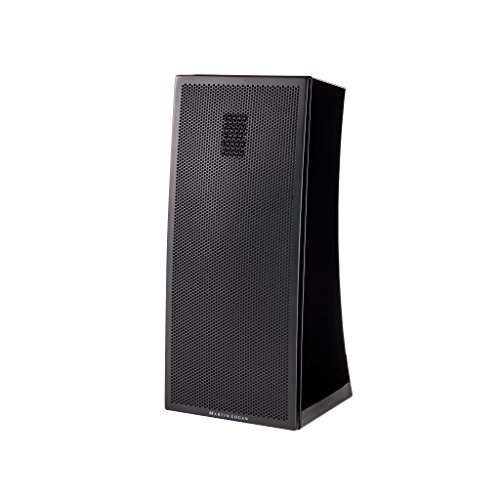Well, OK, except that a hard drive is still a mechanical device that reads data from media, it just happens to be magnetic data rather than optical data. In that regard I propose that reading off a hard drive is in many ways no different than reading optically in the case of a transport on a high end audio player. I used to work for a disk drive manufacturer. You would be suprized at the amount of data that is discarded, misread, or lost entirely as it is being read. If it weren't for data correction algrhytms most of our computers would look like:
ikfuunoeryyvwioutgi8 mfjifiulkmfgyyqw ufuwyt78368cP))*^FR%der%$s1oi
Tim, agreed that there is a possibility of an issue, but it's extremely rare. How often does one get an end-user noticeable read errors on a PC these days? Pretty infrequent.
I work with hundreds of servers at work, and the incidence of data error is very, very low. And when they do occur, they are caught and the process stops.
The whole point is that even if data correction is happening, it's lossless, unlike CD transports which will quickly revert to a lossy algorithm to fill in. This is due to the
isochronous nature of a transports duties. It must deliver the bits in a certain amount of time, so even if they are synthesized, it will do that.
Although, we've all heard the worst case scenario when the transports can't deliver, and we get clicks or silence. But most modern transport will use 8 or more samples for their synthesis, which is pretty good.
The biggest benefit for me, from a qualitative standpoint, is that I now have a repository of my music that is an *exact* replica of what was mastered to the CD’s, therefore I’m not concerned about bit-rot, media scratches, loss, etc.
The added benefits from upsampling or other pre-playback DSP are also a qualitative improvement. Although here, some players will do that for you (the $15K Meridian 800 for instance, which also adds substantial FIFO buffering and re-clocking.
Finally, the clocking of the output signals for lowest jitter is another benefit. Not all transports have great clocks. The higher-end ones do, but on average, they are not in the league of a good pro-card.
Now, all that said, there’s no getting around the need for isochronous output to the processor or DAC. I’ve heard my rig generate some nasty effects when the network glitches and I’m streaming data from the media server. So adequate buffering settings and other mitigation is required to ensure this never (or rarely) occurs. But I’m always guaranteed that my data sequences are correct ;-)













